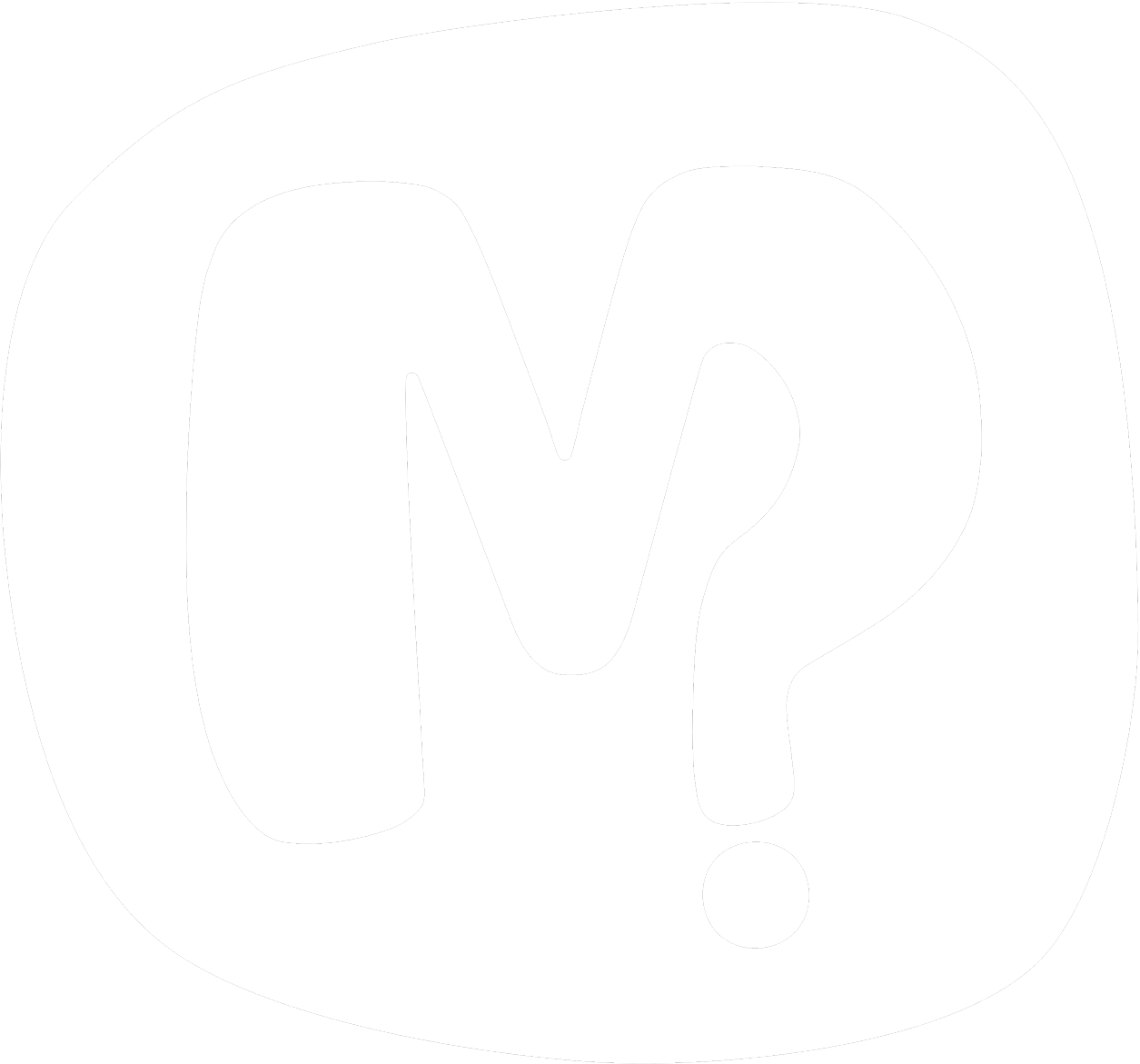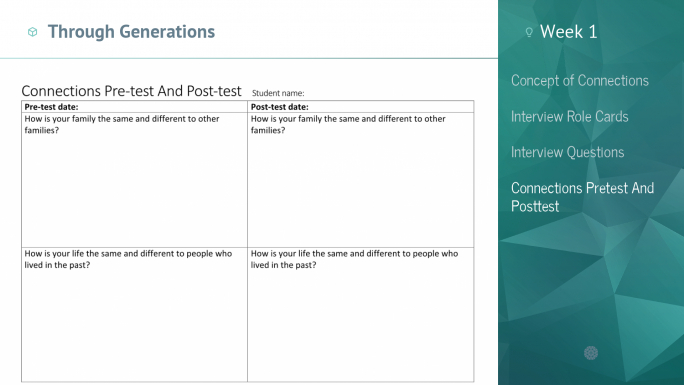Through Generations
Importance Of Connections
Rationale
We can use knowledge about what has changed and what has stayed the same to prepare for the future.
Investigation Into
- Different types of family structures
- Places of cultural or spiritual importance.
- The lives of people in the past.
- Using language to describe time and points of view.
Essential Questions
- How are families different?
- Why are some places important to preserve?
- How has life changed and stayed the same?
- How can we use language to describe time and points of view?
Future Action
Students will use their knowledge of the lives of people in the past to participate in conversations with their parents and grandparents. They will pose interesting questions and think of follow-up questions. Students will use language to describe events in the past, present, and future and provide reasons for their conclusions. They will develop an interest in different ways that people tell stories and an appreciation of the importance of place to different cultures.
Pretesting and Familiarisation
The Concept of Connections
Your students will consider how they are connected with other students in their class as they practise listening carefully and asking follow-up questions.
Your students will consider how they are connected with other students in their class as they practise listening carefully and asking follow-up questions.
Pretest
Your students will consider the value of making connections with people as they complete a pretest about what they know about this learning sequence.
Your students will consider the value of making connections with people as they complete a pretest about what they know about this learning sequence.
Immersion
Your students will be immersed in the different ways that we can learn about the past as they play a game of 'memory'.
Your students will be immersed in the different ways that we can learn about the past as they play a game of 'memory'.
Introducing the Unit
Your students will learn what they will be doing during this learning sequence.
Your students will learn what they will be doing during this learning sequence.
Glossary of Connections
Your students will learn the glossary for this learning sequence.
Your students will learn the glossary for this learning sequence.
Habit of Mind: Managing Impulsivity
Your students will learn about the Habit of Mind 'Managing Impulsivity' as they consider the importance of preserving historical artefacts.
Your students will learn about the Habit of Mind 'Managing Impulsivity' as they consider the importance of preserving historical artefacts.
Habit of Mind: Finding Humour
Your students will learn about the habit of 'Finding Humour'.
Your students will learn about the habit of 'Finding Humour'.
Learning Opportunities
Different Types of Families
Your students will consider a place or event that is important to their family as they learn about different types of families.
Your students will consider a place or event that is important to their family as they learn about different types of families.
Creation Stories
Your students will learn how we can use stories to teach and learn important lessons.
Your students will learn how we can use stories to teach and learn important lessons.
Sequencing
Your students will learn about sequencing as they draw a comic strip depicting a familiar sequence of events.
Your students will learn about sequencing as they draw a comic strip depicting a familiar sequence of events.
Describing Time
Your students will learn about the past, present, and future as they write a story about an event in their lives.
Your students will learn about the past, present, and future as they write a story about an event in their lives.
Point of View
Your students will learn about the importance of providing reasons for a point of view.
Your students will learn about the importance of providing reasons for a point of view.
Our Classroom Museum
Your students will present an object from the past.
Your students will present an object from the past.
Important Places: Excursion
Your students will learn about the importance of places in their community as they visit one or more local historical sites of cultural or spiritual importance.
Your students will learn about the importance of places in their community as they visit one or more local historical sites of cultural or spiritual importance.
Important Places: Tour Guide
Your students will work in pairs to contribute to a tour guide of an important place in their community.
Your students will work in pairs to contribute to a tour guide of an important place in their community.
Generations: Developing Questions
Your students will work in groups to develop questions for their interviews.
Your students will work in groups to develop questions for their interviews.
Generations: Conducting an Interview
Your students will interview a guest from an older generation.
Your students will interview a guest from an older generation.
Generations: Creating My Poster
Your students will create the a spot the difference poster to show what they have learnt about how life has changed and how it has stayed the same.
Your students will create the a spot the difference poster to show what they have learnt about how life has changed and how it has stayed the same.
Demonstration of Understanding
Generations: Presenting My Poster
Your students will present their spot the difference poster to the rest of the class.
Your students will present their spot the difference poster to the rest of the class.
Future Action
Future Action
Your students will draw a picture of themselves performing an action in the future.
Your students will draw a picture of themselves performing an action in the future.


